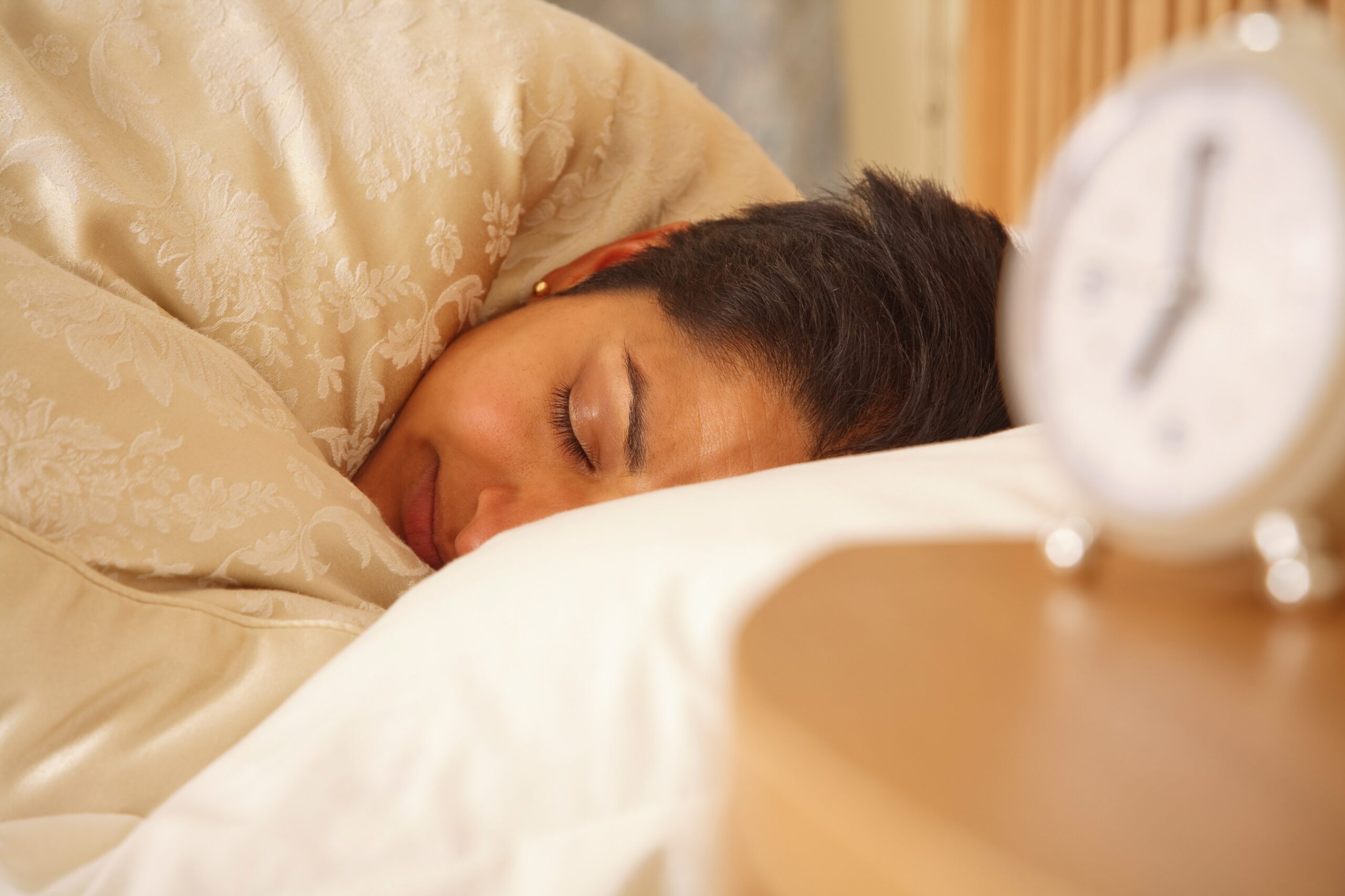According to the experts, the average person should spend about one third of their lives sleeping, which equates to a recommended seven and nine hours each night. However, despite growing evidence that adequate sleep is vital to well-being, because of the nonstop “24/7” nature of society, increased exposure to electronic devices and other factors, people are sleeping less.
Research shows that those seven to nine hours aren’t merely “down time” for our brain and bodies. In fact, several vital tasks are carried out during sleep that are critical to staying healthy and functioning at our best. During sleep, the brain is hard at work forming the pathways necessary for learning, creating memories and new insights. Without adequate sleep, a person’s attention span and ability to respond quickly lessens. Growing evidence also shows that a chronic lack of sleep can increase risks of obesity, diabetes, cardiovascular disease and infections.
Because of your body’s internal processes, you cannot adapt to getting less sleep than needed — instead, you build up a sleep debt. The impacts of sleep loss are far-reaching: Chronic sleep loss or sleep disorders may affect as many as 70 million Americans, and result in an annual cost of about $50 billion in lost productivity. Luckily, there are several courses of action to reset your sleep schedule, improve sleep quality and start feeling and functioning better. It all starts with implementing healthy habits, being mindful of what you consume, and priming your bedroom to promote sleepiness and relaxation.

